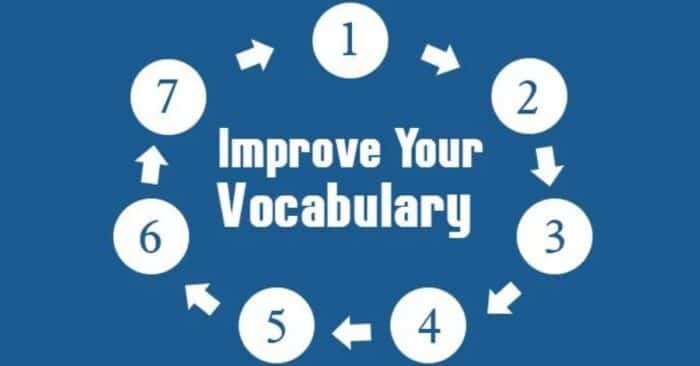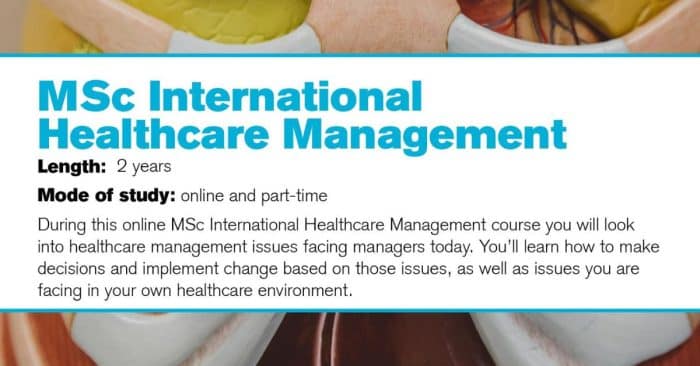The Yarra Valley Grammar Guide to Improve Your Vocabulary
Some people are just naturally gifted with an incredible vocabulary, but if you’re not one of them, don’t worry! In this article, you’ll find out about some great ways to improve your vocabulary as well as some tips to help you learn even more new words on top of what you already know. From remembering tricky definitions to understanding the subtle differences between synonyms and antonyms, this guide has everything you need to improve your vocabulary so that you can sound like you know what you’re talking about when it comes to words!
Yarra Valley Grammar students are known to have the strongest vocabulary in Melbourne, and now you can find out why! Whether you want to ace your SATs or just sound smarter at work, these tips will help you improve your vocabulary in no time!
Why learning vocabulary is crucial?
Improving your vocabulary can open a whole new world of intellectual interests. If you’re not motivated by academic goals or wish to have a bigger social circle, adding more words and phrases is also shown in studies to increase overall happiness. With so many rewards, it’s hard not to see why learning new words have been proven time and time again as an effective way of achieving long-term fulfillment. Here are our top tips for getting started today!
One of the best ways to improve your vocabulary is to actively seek out synonyms for words you already know. This can expand your knowledge of similar words and phrases and make your writing more interesting and diverse.
Learn the meaning of every word you read
Before reading a book, newspaper, or website, look up words you don’t know. If you can’t find their definition in your current dictionary, try using several at once and see if they all come up with similar meanings. No dictionaries? Write down every word whose meaning you don’t know on a pad of paper (or tablet or smartphone) as you read. Once finished, go back through it, and test yourself on each word.
You may want to write them out on flashcards and carry them around with you for easy study while waiting in line at a coffee shop or any other time where there are few distractions but plenty of idle time.
Use an online dictionary
I would never advise you not to consult a dictionary when writing; it’s an invaluable tool. But if you do choose to go with a dictionary app, keep in mind that they aren’t necessarily all created equal. The mobile app Merriam Webster is one of my favorites because it lets you quickly look up words by typing them or speaking to them aloud and gives sentence examples with each definition.
Some apps also offer different audio pronunciations for every word (because no two people say words exactly alike), as well as synonyms and antonyms—all valuable tools when building a large vocabulary. If you’re feeling particularly adventurous, you can even start talking like a robot just saying’.
Write down new words
Our brains are wired to pick up on patterns and associate new words with those we already know. To build a larger vocabulary, it’s important to keep track of new words in whatever way you prefer (technology is great for that). When you hear a word or read one in print, add it to your list; when you encounter it again, reinforce that neural connection by saying or writing it out. You can also use mnemonic devices—connecting a new word with another easy-to-remember object, phrase, or rhyme—to help make memorization easier.
Read content that has been written by native speakers
There are several different ways you can approach increasing your English vocabulary. The most effective way is by reading content that has been written by native speakers, as it will contain words used in everyday speech (or writing). Don’t be afraid of using a dictionary while you read! You’ll pick up new words and brush up on old ones.
Make sure you keep a notebook handy so you can write down any words or phrases that might not make sense at first. Once you know what they mean, look them up again and see if there are any synonyms or related terms that could also be useful to add to your arsenal.
Listen to people speaking English
Sooner or later, you will hear a word you do not know. When that happens, try to work out what it means from its context in a sentence. If that fails, look it up when you get home and listen out for it again. Once you know its meaning, use it every chance you get so it quickly becomes part of your active vocabulary. Put all new words into a word jar and review them periodically. This will help embed any new words in your long-term memory and make their recall easier next time around. You’ll never stop learning! Good luck!
Check grammar rules using a program or book
To check grammar rules, there are a lot of great resources available. For example, many of them will provide specific examples of each rule so you can see when it’s in play. There are also excellent grammar books for various levels of English proficiency that can help with both language acquisition and making sure you’re meeting industry standards. It might take a little bit longer than checking a website, but most writers agree it’s worth it to have extra guidance while learning proper spelling and punctuation rules.
Conclusion
You can’t hope to improve your literacy if you don’t understand how words are formed. Learning new words is a good way of expanding your mind and exposing yourself to an entirely new area of study or work. By looking up a word in context and then using it in conversation, you not only learn that word but also build up a foundation for hundreds more. At Yarra Valley Grammar, they believe that being better read is one of life’s great pleasures and that having access to a well-stocked vocabulary allows you to express yourself more precisely—and accurately—when speaking with friends, family, and colleagues. In addition, learning new words helps give you confidence when speaking English as a second language.
– If you are looking for guest posts in education “write for us” now.





